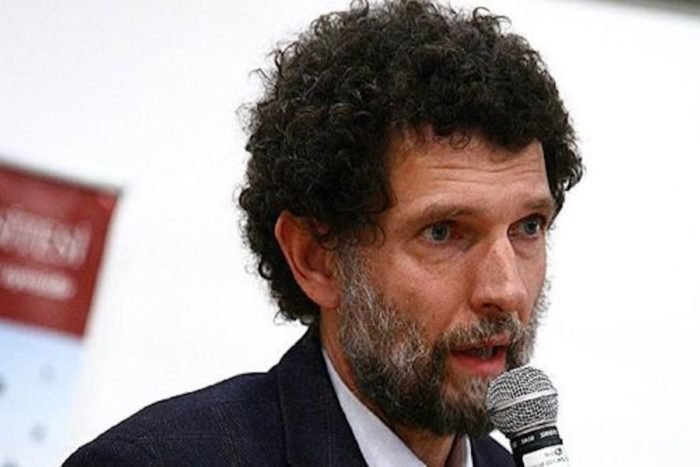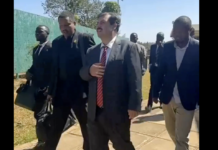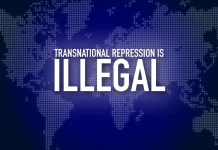The Committee of Ministers of the Council of Europe (CoE), the organization’s statutory decision-making body, issued a statement on September 3, urging the Turkish government to immediately release imprisoned human rights activist and businessman Osman Kavala.
Kavala was arrested in İstanbul on October 18, 2017 on accusations of attempting to violently overthrow the government and the constitutional order of Turkey by orchestrating and financing the 2013 Gezi Park protests, which led to his eventual imprisonment.
The European Court of Human Rights (ECtHR) on December 10, 2019 had found a violation upon reviewing Kavala’s application, calling for his immediate release. On May 12 the Strasbourg court rejected an appeal from the Turkish government with which the court’s ruling became final. Turkey, however, refused to abide by the ruling.
“In the absence of facts, information or evidence showing that Mr. Kavala had been involved in criminal activity, he could not reasonably be suspected of having attempted to overthrow the Government by force or violence,” the court had said in its ruling.
The Committee of Ministers said Kavala’s arrest and pre-trial detention aimed to silence him and dissuade other human rights defenders. They also pointed out that the length of time taken by Turkey’s Constitutional Court to review Kaval’s complaint was “insufficiently speedy.” The ECtHR concluded that the government was to take every measure to put an end to Kavala’s detention and to secure his immediate release.
Following the CoE’s statement, Amnesty International’s Turkey campaigner Milena Buyum said: “Almost three years after Osman Kavala was locked behind bars on absurd charges, the demand for his release has grown louder both in Turkey and around the world.”
The Committee of Ministers said Kavala’s release was an urgent matter, and it was decided that they would resume the examination of his case in its September 29-October 1, 2020 meeting to determine if the ECtHR judgements had been implemented. They also gave Turkish authorities until November 11, 2020 to submit an action plan setting out the general measures to be taken to prevent similar violations of the European Convention on Human Rights from occurring in the future.















